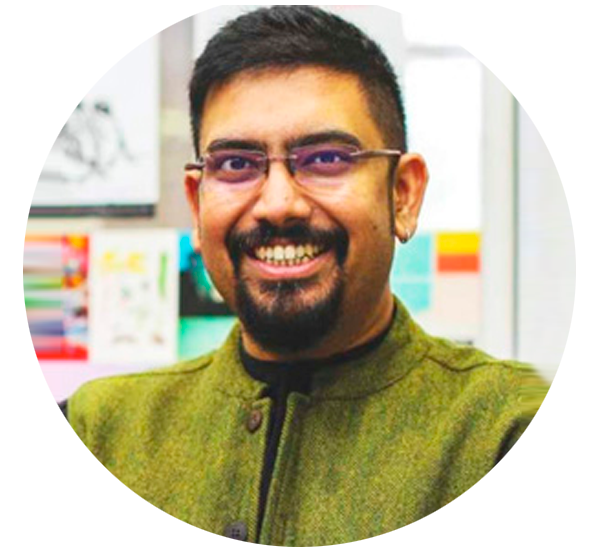Associate Professor, O.P. Jindal Global University, Sonipat, Haryana
As a young research scholar in the early 2000s at Pune University, Oishik approached the famous feminist scholar, Professor Sharmila Rege to approve a series of workshops on Law and Sexuality under the umbrella of the Women’s Studies Centre she was heading. The proposal was carefully structured, detailed, and had even received support from a local NGO. Professor Rege rejected the proposal stating that the workshop design was based on a middle-class sensibility, when in reality 50 percent of the student body at the University, at the time, did not have access to the English language and the related cultural capital. This response from Professor Rege left a deep impression on Oishik and has continued to have a significant influence on his life as a feminist educator.
Oishik’s first assignment as a faculty was teaching a course on Gender, Law, and Citizenship at the University of Pune. A majority of the students in his class were women, mostly Dalit, first-generation learners from rural Maharashtra. The students were most comfortable in Marathi as the medium of communication. Oishik’s first experiment with collaborative learning was a series of parallel Hindi workshops and tutorials for this group of learners. During these workshops, he and the students built a word bank of key feminist concepts in Marathi.
These early lessons have continued to shape the way Oishik teaches. Although the students he teaches now are very different from those he started out with, he remains committed to feminist politics. This is not an easy task given that Oishik now teaches at a Law School in a private university in the National Capital Region.
Through his scholarship, Oishik continuously challenges patriarchal disciplinary practices, masculinized parameters of success, and institutional sexism. He also mentors his students to question such practices and cultures. For instance, he helps them understand the variegated structures of power and control to comprehend that sexual harassment is not an exceptional form of gender-based violence, but one that is closely linked to other forms of structural inequalities. He has designed a unique Safe Space Pledge that all his students must take, committing themselves to a classroom that is safe from violence, intimidation, and all kinds of discrimination.
Oishik is also an advocate for the rights of sex workers, forced migrants, and refugees. “It has not always been easy to arrive at a place of mutuality inside the classroom, especially when through a set of stated and unstated means conventional orderings are reinforced,” says Oishik. But he continues to strive towards a classroom where care, mutuality, and fraternity are in abundance.

Oishik Sircar is Associate Professor at Jindal Global Law School, Sonipat, Haryana and Associate Member at Institute for International Law and the Humanities, Melbourne Law School. He has served as Junior Faculty at Harvard Law School’s Institute for Global Law and Policy Workshop. His research interests are in the areas of cultural studies of law, queer theory, postcolonial feminism, visual cultures, and law and social movements.
He is the Co-Editor of New Intimacies, Old Desires: Law, Culture and Queer Politics in Neoliberal Times and has authored Violent Modernities: Cultural Lives of Law in the New India (OUP). He has co-directed two documentary films, one of which – We Are Foot Soldiers – won the third prize at the Jeevika Asia Documentary Festival in New Delhi.
